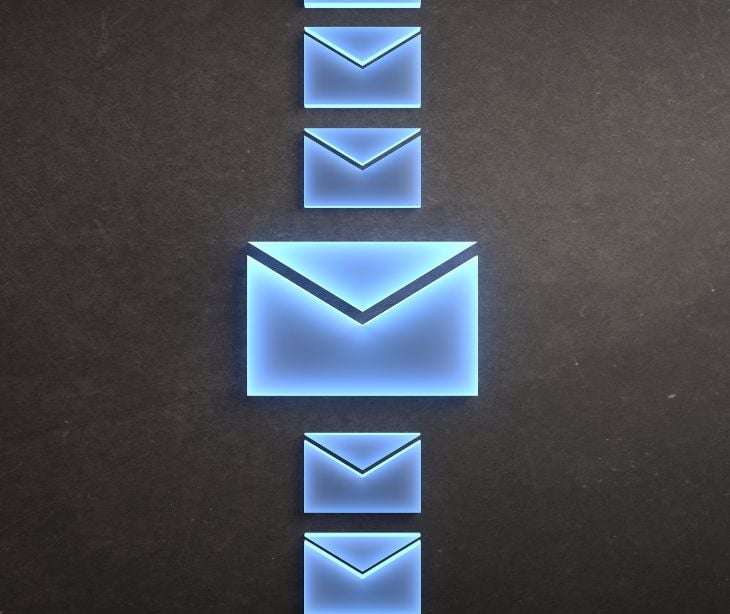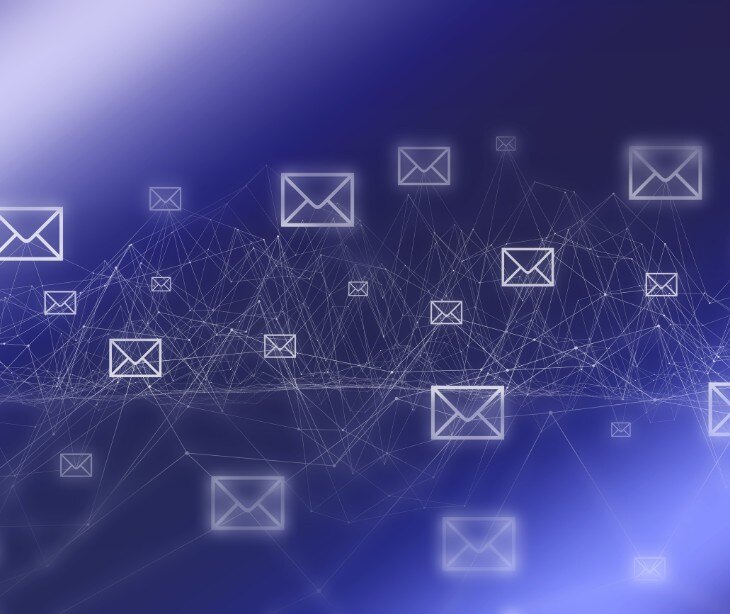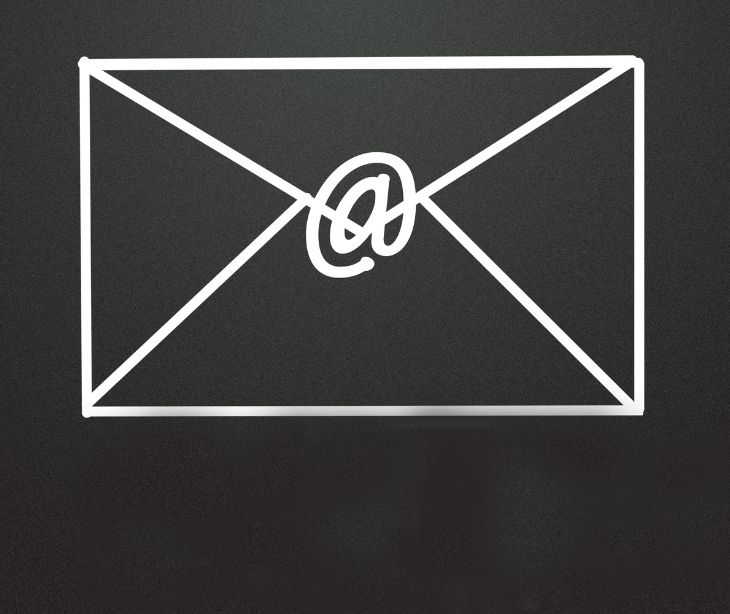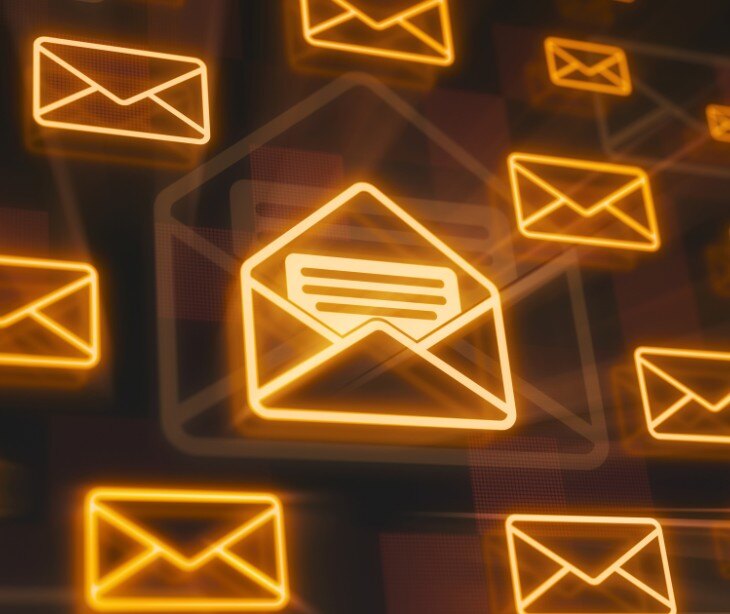
HIPAA email refers to email communications that transmit protected health information (PHI) and are subject to the regulations outlined in the Health Insurance Portability and Accountability Act (HIPAA).
HIPAA establishes standards and safeguards for the secure handling of PHI by covered entities (such as healthcare providers, health plans, and healthcare clearinghouses) and their business associates. To ensure HIPAA compliance when using email, covered entities, and their business associates must use secure email solutions that encrypt messages and attachments in transit and at rest.
What is HIPAA and how does it relate to email communication?
HIPAA is a federal law that sets standards for the protection of sensitive patient health information. HIPAA regulations apply to all forms of patient data, including information transmitted via email.
Covered entities and their business associates must comply with HIPAA rules to ensure the security and privacy of patient information in electronic communication.
Go deeper: What is HIPAA?
Can patient information be sent via email?
According to the U.S. Department of Health and Human Services (HHS), “the Security Rule does not expressly prohibit the use of email for sending e-PHI.” However, covered entities must implement policies and procedures based on HIPAA standards for access control, integrity, and transmission security of ePHI. These measures must “protect the integrity of, and guard against unauthorized access to e-PHI.”
Can I use my personal email account to communicate with patients or colleagues in a healthcare setting?
Personal email accounts may not provide the encryption and security features required to protect patient information under HIPAA. To combat this, healthcare organizations should provide employees with secure email platforms or HIPAA compliant messaging solutions for work-related communication.
Read more: How do I make my personal email HIPAA compliant?
What are the encryption requirements for HIPAA compliant email communication?
HIPAA does not specify a particular encryption method for email communication, but it does require that emails be encrypted to safeguard patient privacy and data security. Secure encryption protocols such as Transport Layer Security (TLS) or Secure/Multipurpose Internet Mail Extensions (S/MIME) can be used to encrypt email traffic between servers.
See also: HIPAA Compliant Email: The Definitive Guide
Why should ePHI be encrypted at rest and in transit?
ePHI should be encrypted at rest and in transit to prevent data from being readable, decipherable, or usable by unauthorized personnel, regardless of whether the data is hacked from a server or intercepted in a communication sent over an open network. If data acquired without authorization is unreadable, undecipherable, and unusable, the loss of data is not a notifiable breach of unsecured ePHI.
How can I ensure that my email communication is HIPAA compliant?
To ensure HIPAA compliance in email communication, healthcare organizations should implement encryption and access controls, use secure messaging platforms, and provide employee training. Regular audits, risk assessments, and updates to email policies and procedures are essential for maintaining compliance and safeguarding patient data.
What are the consequences of accidentally sending PHI to the wrong recipient via email?
Accidentally sending PHI to the wrong recipient via email can have serious consequences, including potential HIPAA violations and breaches of patient privacy. Depending on the severity and impact of the incident, consequences may include regulatory penalties, legal actions, financial liabilities, and reputational damage for the healthcare organization or individual responsible.
Prompt notification of the incident and appropriate remediation measures are crucial to mitigate potential harm and ensure compliance with HIPAA regulations.
See also: What are the HIPAA breach notification requirements
Can I use regular email encryption tools like password protection for HIPAA compliance?
While password protection may provide a basic level of security for email communication, it may not meet the encryption requirements outlined in HIPAA regulations. HIPAA compliant email encryption typically involves more robust encryption methods, such as TLS or S/MIME, which provide stronger safeguards for protecting PHI.
What are some best practices for securely transmitting PHI via email?
Some best practices for securely transmitting PHI via email include using secure email platforms or messaging systems with end-to-end encryption, implementing access controls and user authentication mechanisms, avoiding including PHI in the subject line or body of the email, double-checking recipients before sending sensitive information, and regularly updating security measures to mitigate risks.
Are there any exceptions to HIPAA email rules for small healthcare practices?
HIPAA regulations apply to all covered entities, regardless of size. While smaller healthcare practices may have limited resources, they must comply with HIPAA email rules and safeguard PHI transmitted via email. Healthcare organizations should implement appropriate security measures and seek guidance from HIPAA compliance experts to ensure compliance with regulatory requirements.
Read more: What is a HIPAA consulting partner?
Subscribe to Paubox Weekly
Every Friday we'll bring you the most important news from Paubox. Our aim is to make you smarter, faster.




